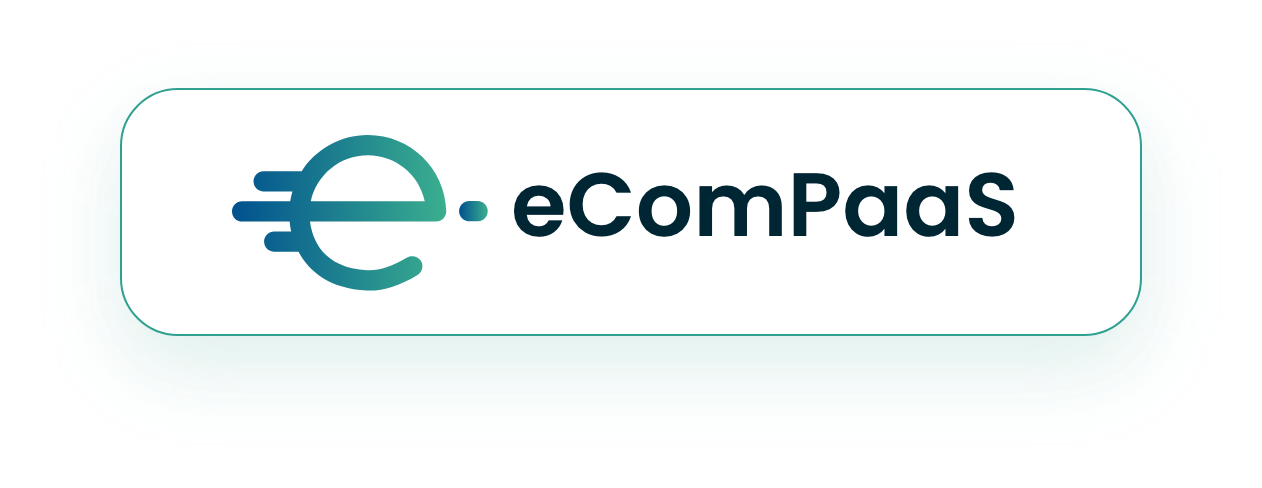There are several programming languages to choose from for application development ( importance of application security ). The language you choose must align with your business goals, the type of application, its requirements and the capabilities of the Operating System chosen.
Mobile programming may easily share parts of languages utilized for web development. Having an idea about application languages helps the developers in creating versatile applications. Let’s understand the main programming languages for Android and iOS mobile development here.
Android
Contrary to what is often said, Android developers write in languages other than Java and Kotlin. Here are a few
Python
Python is one of the most liked programming languages for It is implemented by utilizing the Kivy and BeeWare libraries. An open-source library called Kivy is used to create cross-platform programmes, including those for iOS and Android. A collection of UI tools called BeeWare is used to create native Android apps.
C / C ++
The fact that C is positioned as a high-performance language is significant, especially when discussing something complex like a mobile 3D game. However, it is important to note that Java is still required because without it, it is impossible to develop a whole mobile application.
Only a small portion of an application, such as a library that may be connected to a programme via Java, can be written in C or C++ using the Android Native Development Kit (NDK).
Java
It is common practice to create Java mobile apps using the Java language, a strongly typed general-purpose object-oriented programming language. It frequently holds the top positions in popularity rankings, coming in second place in the IEEE Spectrum (2020) ratings and on TIOBE (2021), after Python.
IOS
The programming languages Objective-C and Swift are used to create software for devices running iOS, iPadOS, tvOS, macOS, and watchOS.
Objective-C and Swift
The main languages for creating iOS apps are the ones listed above. They are object-oriented and enable the grouping of related coding jobs, which greatly accelerates and streamlines the work of developers while creating front-end mobile apps. Additionally, you might apply Java, HTML5, and C#.
The majority of the development environment employed by today’s programmers is Xcode, a user-friendly programme with a large number of practical features. Objective-C is the recommended language for creating Cocoa applications as it is helpful in creating Cocoa frameworks.
Besides the apps on Android and IOS, there are cross-platform applications too.
Cross-platform applications span many platforms and are created simultaneously in a non-native language. There are two native programming language selection methods used in this. The first is that utilising a transpiler, an application that is being prepared for release is converted into a native one for a particular platform.
Source-to-source compilers, also known as transpilers, are tools that take source code written in one programming language and translate it into the same amount of code in another. In reality, using this method “translates” one cross-platform programming language into another.
The second is the addition of a specific wrapper around the generated code, which, when in use, broadcasts requests from the non-native code to the system’s native functions. There are two tools that operate exactly in line with the wrapper’s philosophy: Cordova and PWA.
Conclusion
There are many popular mobile programming languages to choose from in order to develop a well-planned, organized, and highly functional mobile app. Before deciding on the best app coding language for your mobile product, it is important to consider the kinds of mobile applications that are available on the market, the quirks of the chosen languages, the frameworks and tools accessible, and much more. Reach out to Skillmine to help you develop attractive and versatile mobile applications for your business
Looking for expert technology consulting services? Contact us today.










